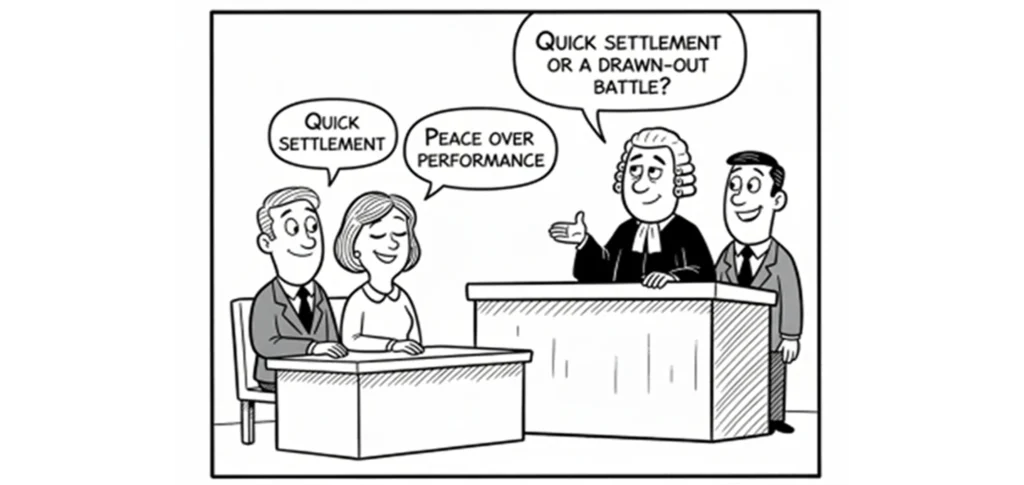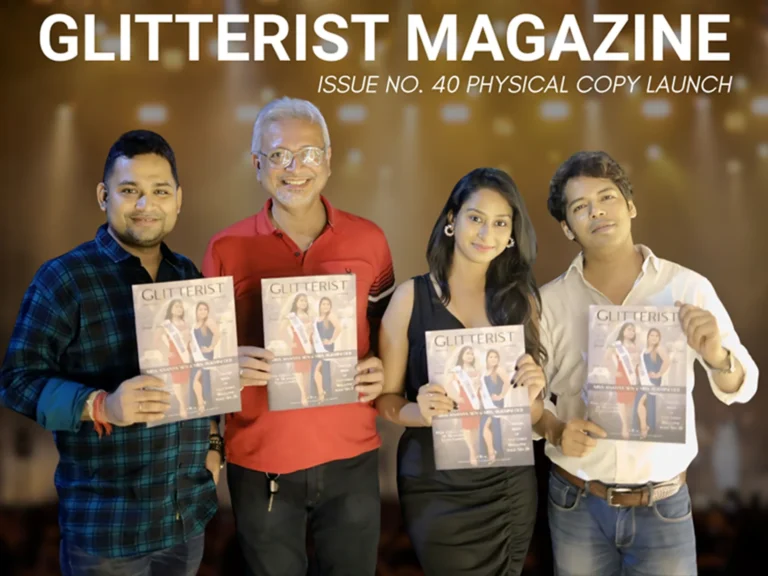
Why Couples in Delhi Are Choosing Mutual Divorce Over Court Battles
Divorce, alongside raised eyebrows and unmerited interference from relatives would also bring about long, bruising battles in Delhi’s family courts.
However, these days, many couples simply choose to part ways through mutual consent. The change has been quiet but steady, catalysed by practicality as much as emotion.
People just want to move on. They don’t want to spend years proving who was right or wrong. The thought is picking momentum in the cosmopolitan ecosphere of Delhi and the culture has laid out the doormat for the renaissance.
The route to peace
Under Section 13(1)B of the Hindu Marriage Act, a couple can jointly petition for divorce once they’ve been living apart and agree on issues such as maintenance, custody, and property. The six-month “cooling-off” period that used to be mandatory can now be waived if the court is satisfied that reconciliation isn’t possible.
That waiver has changed everything. When paperwork is complete and both sides are sure, decrees can come within months instead of years. Consulting a divorce lawyer in Delhi helps couples understand this process clearly and draft all the terms correctly from the start.
Delhi’s reality
Family courts here are overworked. Contested divorces often stretch on for three to five 3 to 10 years. That delay and the cost that comes with it is pushing couples toward the simpler, cooperative path.
Much of the credit goes to the Delhi High Court’s mediation centre, Samadhan, where trained mediators help couples find middle ground. About six out of ten referred cases settle there, often in just a few sittings.
For many families, mediation is about emotional safety. Talking through terms in a quiet room, instead of arguing across a courtroom, makes a huge difference. Parents who reach agreements together also tend to build better co-parenting arrangements later.
Changing social tone
In cities like Delhi, the stigma around divorce has faded. People see it less as failure and more as closure. The process itself has also grown smoother: e-filing, virtual hearings, and standard checklists leave less room for procedural chaos.
A typical couple today might meet a mutual divorce lawyer in Delhi, draft a written settlement on money, custody, and property, and file the joint petition soon after. If they’ve already been apart for some time, they can ask the court to skip the waiting period and finish the case quickly.
What they gain
- Time: Most mutual consent divorces now close in a few months.
- Lower costs: Fewer hearings mean smaller legal bills.
- Control: Couples decide terms that fit their lives.
- Less harm to children: Calm discussions help families adjust better.
Divorce will never be easy, but Delhi’s mutual consent process has made it bearable. For couples who have tried and accepted that the marriage is over, it offers a practical way to end things with dignity and without spending half a decade in court.



